
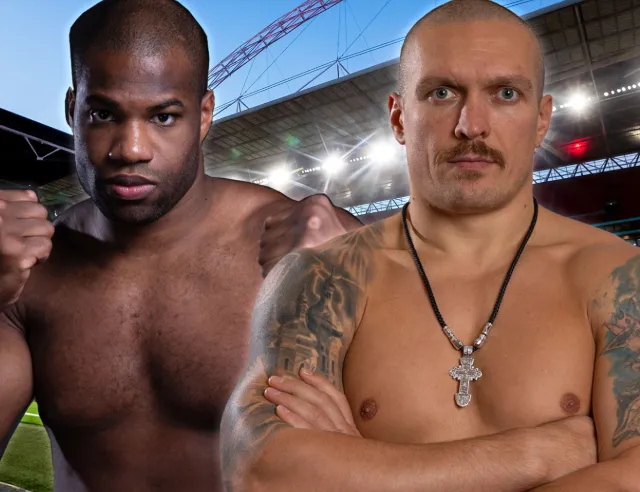
Daniel Dubois Withdraws from Parker Fight: Is Frank Warren Behind the Deception to Have Him Reunite with Usyk in the Ring and Earn a Huge Sum?
The boxing world is buzzing with speculation and outrage following the unexpected withdrawal of Daniel Dubois from his anticipated clash with Joseph Parker. Scheduled as one of the major heavyweight bouts of the year, the fight was supposed to be a turning point in Dubois’ redemption journey after his previous setback against Oleksandr Usyk. But now, as reports swirl and fans seek answers, a controversial theory is emerging: was this withdrawal really about health or training? Or is Frank Warren, Dubois’ longtime promoter, orchestrating a high-stakes maneuver to reinsert the young British heavyweight into a massive-money rematch with Usyk?
What started as a straightforward boxing narrative has now spiraled into a complex drama involving promoters, title politics, hidden injuries, and strategic career moves. Let’s unravel the layers behind Dubois’ sudden exit, the potential role of Frank Warren in the background, and the larger implications this has on the heavyweight boxing landscape.
Daniel Dubois’ Career Rollercoaster and the Usyk Chapter
To understand the current controversy, we must first look at Daniel Dubois’ boxing career, a journey defined by both explosive victories and crushing defeats. Once hailed as the future of British heavyweight boxing, Dubois burst onto the scene with knockout power, raw talent, and the backing of Queensberry Promotions. However, things took a sharp turn when he faced Joe Joyce in 2020. In a high-stakes bout, Dubois suffered an eye injury that forced him to take a knee and lose by stoppage—a moment that cast doubt on his toughness and psychological fortitude.
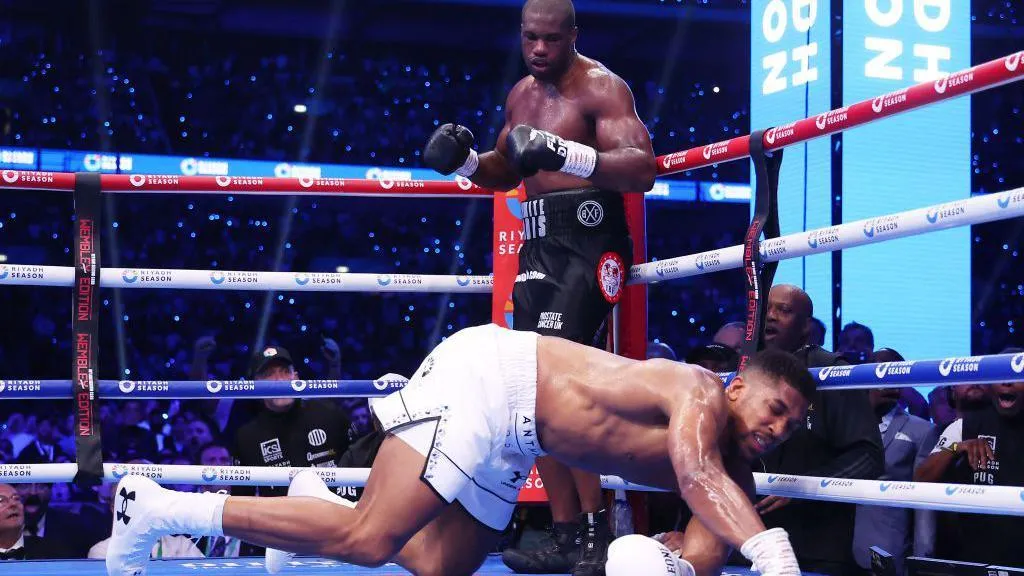
His 2023 fight against Oleksandr Usyk was seen as a major opportunity for redemption. Despite being a clear underdog, Dubois showed grit, landing a controversial body shot in round five that many believed should have been ruled a knockdown or knockout. Instead, the referee deemed it a low blow, giving Usyk recovery time. Dubois ultimately lost via TKO in the ninth round, but the performance rehabilitated some of his reputation. For many fans and insiders, Dubois earned respect, even in defeat.
This background makes his withdrawal from the Parker fight even more suspicious. With momentum rebuilding, why step back now?
Joseph Parker: A Risky Opponent or a Convenient Escape?
On paper, Joseph Parker is a formidable opponent. The former WBO champion has seen a career resurgence, recently scoring wins over the likes of Deontay Wilder and Zhilei Zhang. Facing Parker would have been a chance for Dubois to re-establish himself as a top-5 contender and possibly line himself up for another world title shot. But the risk was enormous—Parker is skilled, experienced, and fighting at a high level. For Dubois, a loss here would be devastating, likely setting him back years in terms of rankings and promotional value.
Some fans believe that Dubois’ camp recognized this and chose to withdraw rather than gamble on a fight they weren’t fully confident about. That’s where the whispers about Frank Warren’s strategy come in. Warren has long been a master of timing, matchmaking, and maneuvering his fighters into lucrative positions. If Dubois were to lose to Parker, his marketability and ranking would plummet. But by stepping away now, and citing injury or preparation issues, Warren can preserve Dubois’ value and redirect him toward a more favorable—and financially rewarding—path.
Is Frank Warren Planning a Dubois vs. Usyk Rematch?
Here’s where the theory takes an intriguing turn. Sources close to Warren’s promotional team suggest that he’s quietly working behind the scenes to reignite interest in a Dubois vs. Usyk rematch, especially if Usyk defeats Tyson Fury and chooses to make a mandatory title defense against a ranked but less-threatening opponent. Dubois, despite his loss, remains in the conversation due to the controversy of their first bout. That fifth-round body shot—still debated today—offers a narrative hook that Warren could use to promote a second fight.
From a business standpoint, it makes sense. Usyk is nearing the end of his career and may want one or two more big paydays before retiring. Dubois is young, marketable in the UK, and can sell tickets with the “unfinished business” narrative. And if the rematch is staged in London or another major European city, the financial upside is enormous. It could easily headline a pay-per-view card and fill an arena, regardless of whether fans believe Dubois deserves the shot based on merit.
Critics argue that this approach sidesteps the natural order of boxing rankings and undermines the competitive structure. But boxing has long been a sport where narratives and dollars drive decisions. And Frank Warren, with decades of experience, knows how to manipulate both to his fighter’s advantage.
Heavyweight Boxing Politics: Titles, Mandatories, and Money
To fully grasp the implications of this scenario, one must understand how heavyweight boxing politics operate. Title organizations like the WBA, WBO, and IBF often juggle mandatory challengers, interim belts, and sanctioning fees. It’s not uncommon for promoters to pull fighters from fights in hopes of receiving favorable decisions from sanctioning bodies—especially when an opportunity for a major payday emerges.
Currently, Usyk holds multiple belts and is on a collision course with Tyson Fury. But once that saga resolves—either through unification or vacating belts—there will be a scramble among contenders to claim mandatory slots. Dubois, already ranked in the top 10 by several organizations, is well-positioned to slide into a vacant or voluntary title fight. That’s why avoiding a loss to Parker now could be a calculated sacrifice to maximize a future title opportunity.
Fans are understandably frustrated. The matchmaking system often prevents the best fights from happening when they should. If Dubois were to skip the Parker bout, jump the queue, and land a rematch with Usyk, it could further damage fans’ faith in the sport’s integrity. But again, boxing isn’t just about rankings—it’s about revenue. And from a promotional lens, Dubois vs. Usyk 2 is worth far more than Dubois vs. Parker.
Fan Reactions and Media Coverage
The reaction to Dubois’ withdrawal has been swift and emotional. Social media erupted with accusations of ducking, with fans calling him “soft” or “overprotected.” Parker fans, in particular, are furious—believing their fighter was denied a deserved showdown. Meanwhile, UK media outlets are split. Some frame it as an unfortunate injury withdrawal, while others openly speculate that Warren is behind the curtain, setting the stage for a money-grab rematch.
Analysts like Carl Froch and Tony Bellew have weighed in, with Bellew suggesting that Dubois still needs more seasoning before facing top-tier opponents again. Froch was more critical, calling the withdrawal “suspicious timing” and implying that business decisions are clouding sporting merit.
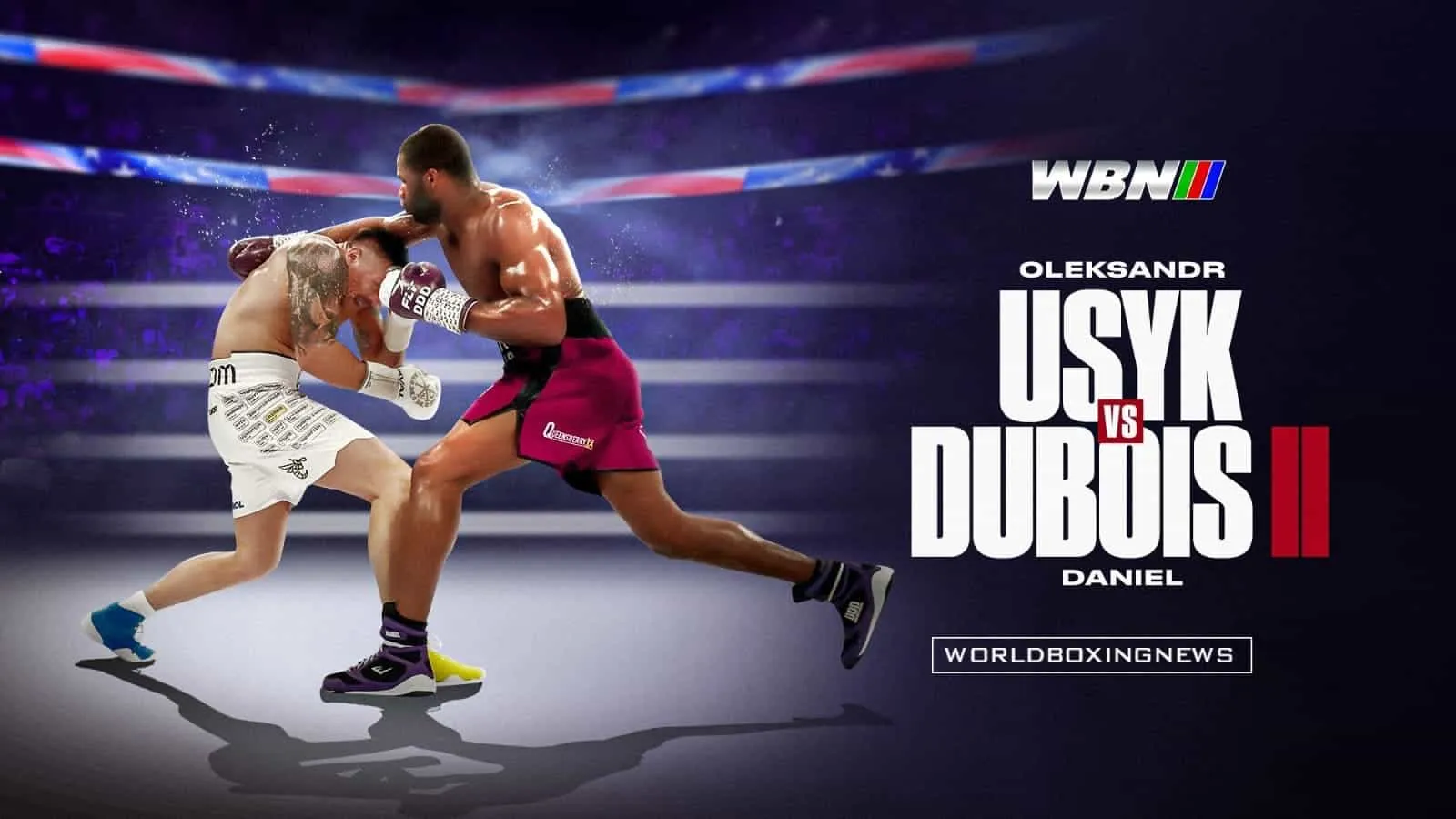
Will Dubois’ Legacy Be Defined by Strategy or Bravery?
The larger question for Daniel Dubois is how these choices affect his legacy. A fighter once praised for his power and potential is now being scrutinized for his career management strategy. Will he be remembered as a cautious, strategically promoted athlete, or as a fearless competitor willing to fight the best—even at a risk?
If the Usyk rematch does happen, and if Dubois performs well—or even wins—it could silence critics and rewrite the narrative. But if he continues to withdraw from risky matchups and rely on promotional machinations to get big fights, fans may lose interest. In the end, reputation in boxing isn’t just about wins and losses—it’s about perception.
Dubois is at a crossroads. How he handles the next 12 months could define the rest of his career.
Conclusion: Behind the Curtain of a Heavyweight Power Play
The mystery behind Daniel Dubois’ withdrawal from the Parker fight is more than just an injury report—it’s potentially the first move in a high-stakes promotional chess game. If Frank Warren is indeed pulling the strings to steer Dubois toward a lucrative rematch with Oleksandr Usyk, then we may be witnessing one of boxing’s most strategic power plays in recent memory.
But with strategy comes risk. The court of public opinion is unforgiving, and fans want to see fighters earn their opportunities in the ring, not through boardroom deals. Whether Dubois’ team is playing it smart or playing with fire remains to be seen.
One thing is certain: the heavyweight division is as unpredictable as ever, and the saga of Daniel Dubois is far from over. The real question is—will he come back stronger, or will the gamble backfire in spectacular fashion? Only time, and perhaps Usyk, will tell.








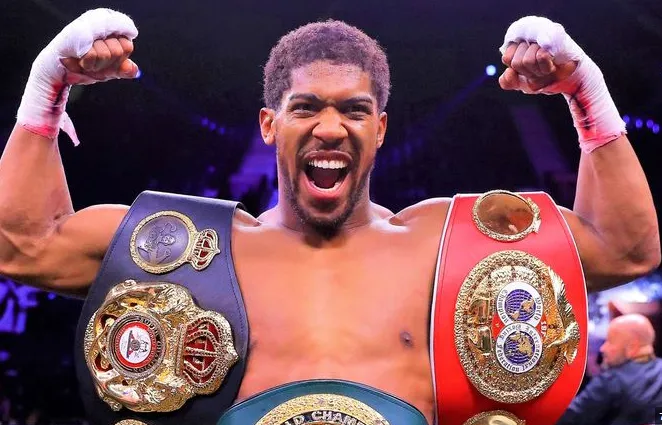
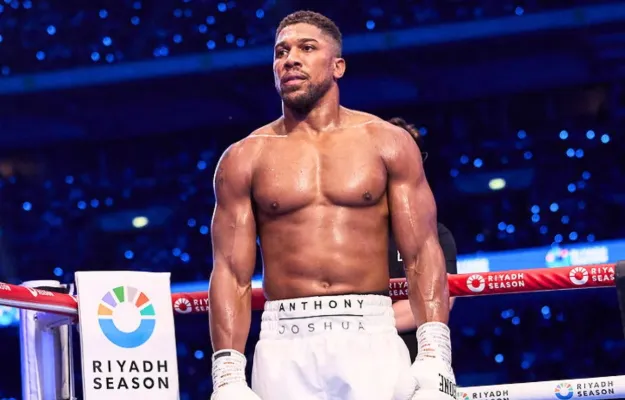
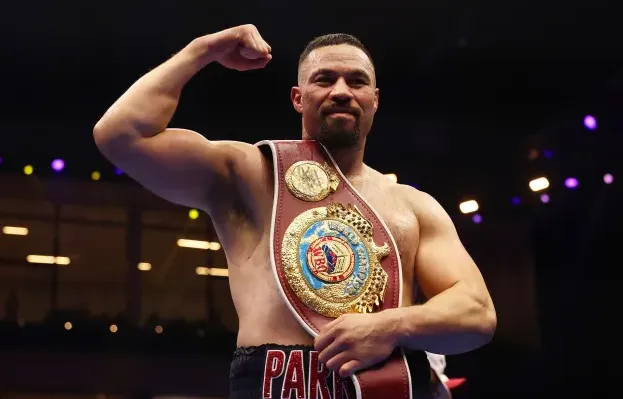








Post Comment